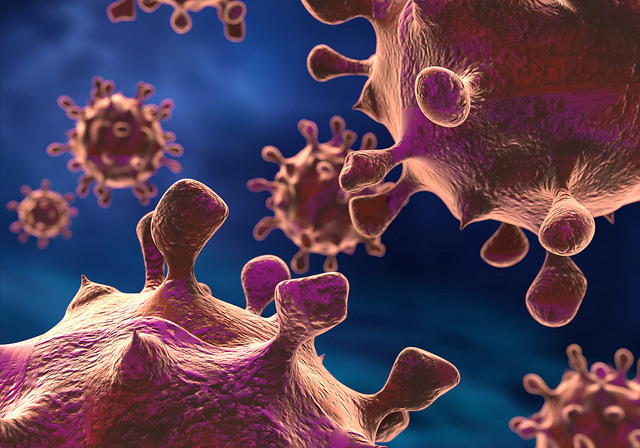Only four years ago, the National Survey on Drug Use and Health found that about 1.4 million Americans were currently using cocaine—a slow decline from 1.5 million American users of cocaine the year before. It’s difficult to successfully fight and win against cocaine addiction, and researchers have been trying to design a (non-addictive) drug to help cocaine users fight this addiction.
How does cocaine work in the body? Though there are various ways a user may take cocaine, it ultimately reaches the blood and circulates in the body. The cocaine then reaches and enters the brain, where it binds to specific areas that complement its own shape, creating the “high” the user experiences.
Image Source: Jeffrey Coolidge
Researchers in drug delivery have been attempting to block this process in various ways: they’ve designed moderate drugs that outcompete cocaine for the brain, drugs that help siphon cocaine away from the brain, and drugs that destroy cocaine altogether.
But Lockner et al. may have found the key to this puzzle: the tail of bacteria. They isolated and modified the tail of bacteria to carry a drug that—with the help of alum, the drug’s “sidekick” that amplifies the drug’s effect by speeding up the process—would stimulate our own immune system to mass produce antibodies specific to cocaine. The antibodies would both draw cocaine away from the brain and mark them for destruction by our own immune system.
This is a vaccine against cocaine and its high.
The development of this treatment is still preliminary, however. Lockner et al. report the optimal dose based on their research but acknowledge that more research must be done to verify and further optimize this treatment plan. Further, the use of alum to carry and amplify drugs, though universally accepted in the scientific and medical community and well-regulated, is dicey due to the fine balance between its benefit as an amplifier and its toxicity to infants and children.
Until then, it may be easier to just avoid cocaine use altogether.
Feature Image Source: John Voo










